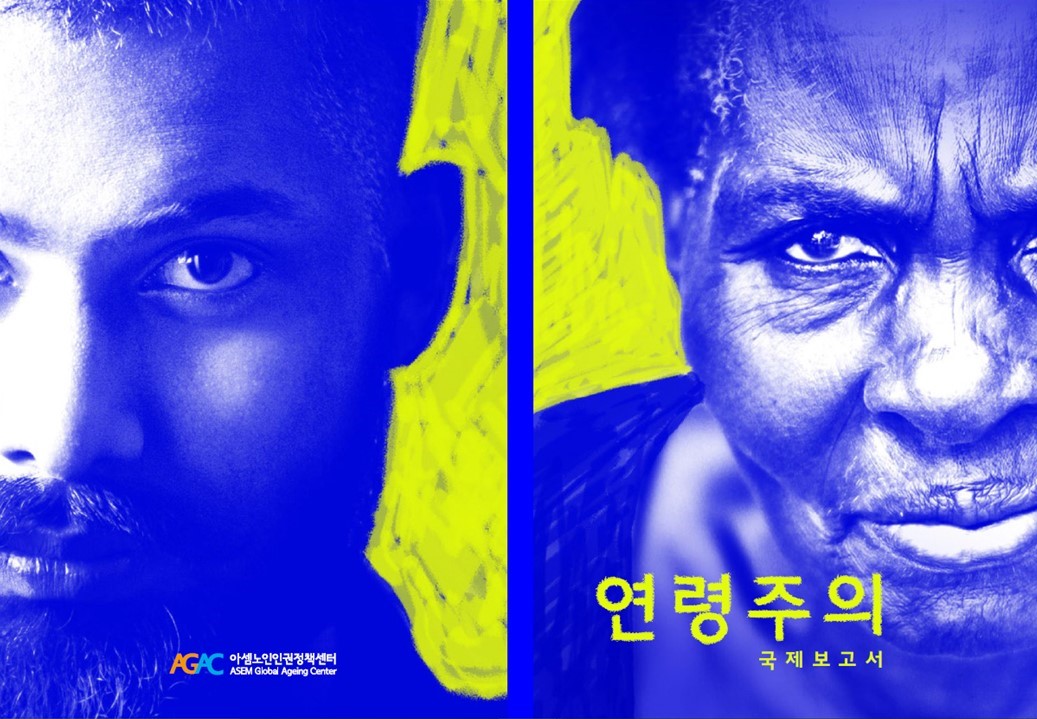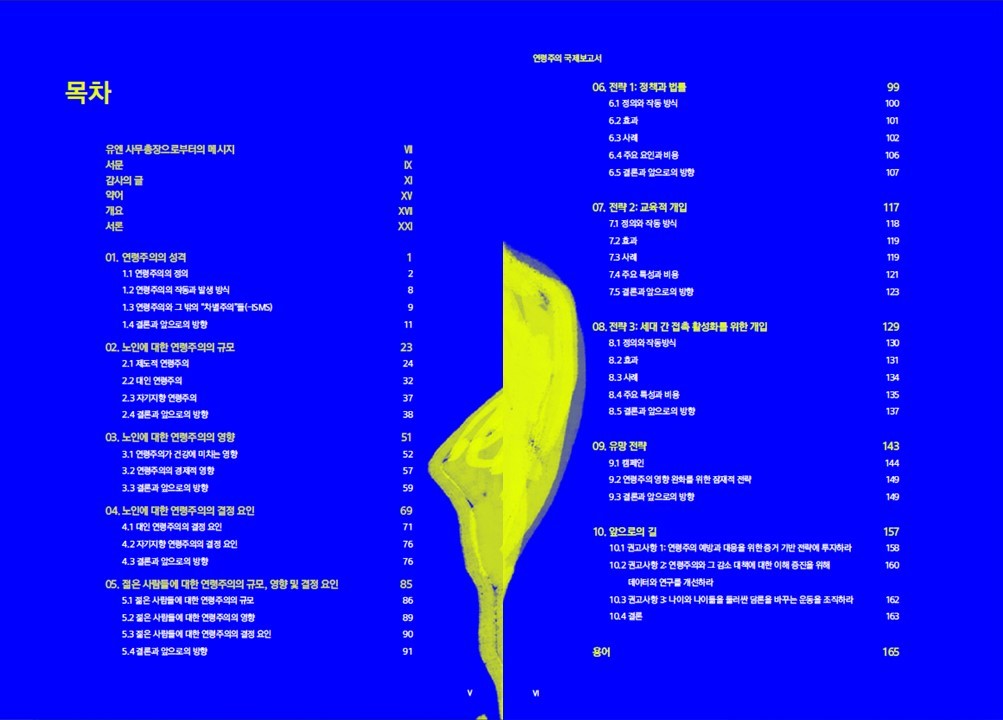

The ASEM Global Ageing Center (AGAC) issued a Korean translation of the Global Report on Ageism in October 2021, published by the World Health Organization (WHO) in March 2021 in collaboration with the Office of the High Commissioner for Human Rights, the United Nations Department of Economic and Social Affairs, and the United Nations Population Fund as part of the Global Campaign to Combat Ageism. The AGAC hopes that Korean readers will access this essential report and actively participate in the global movement to combat ageism.
Ageism, according to this report, is stereotype, prejudice, and discrimination based on the age of oneself and others. Ageism affects people of all ages and may be encountered in a variety of settings, including oneself, interpersonal relationships, and institutions. It is so prevalent across the world that one in every two persons is ageist toward older persons. Ageism negatively impacts on a person's physical and mental health and their social well-being, and it exacerbates the negative consequences of other forms of disadvantage, such as gender, race, and disability. Individuals and society both suffer economically as a result of ageism.
The Global Report on Ageism suggests that policies and laws, educational activities, and intergenerational interventions may help reduce widespread and harmful ageism. In addition to these three evidence-based remedies, the Report urges that data and research be improved to better understand and combat ageism, and that age and ageing discourses be shifted.
The English and Korean versions of the Report are also available on the WHO website at https://apps.who.int/iris/handle/10665/340208 .